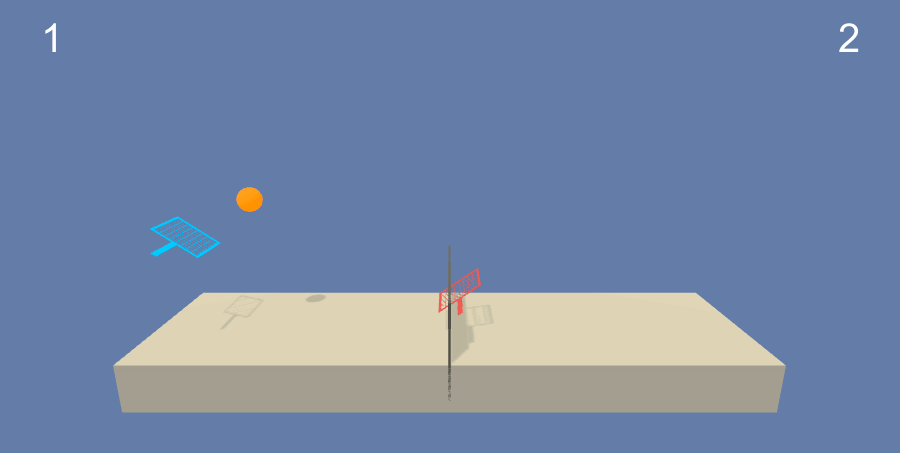Emergent Complexity via Multi-Agent Competition
Reinforcement learning algorithms can train agents that solve problems in complex, interesting environments. Normally, the complexity of the trained agent is closely related to the complexity of the environment. This suggests that a highly capable agent requires a complex environment for training. In this paper, we point out that a competitive multi-agent environment trained with self-play can produce behaviors that are far more complex than the environment itself. We also point out that such environments come with a natural curriculum, because for any skill level, an environment full of agents of this level will have the right level of difficulty. This work introduces several competitive multi-agent environments where agents compete in a 3D world with simulated physics. The trained agents learn a wide variety of complex and interesting skills, even though the environment themselves are relatively simple. The skills include behaviors such as running, blocking, ducking, tackling, fooling opponents, kicking, and defending using both arms and legs. A highlight of the learned behaviors can be found here: https://goo.gl/eR7fbX
PDF Abstract ICLR 2018 PDF ICLR 2018 Abstract

